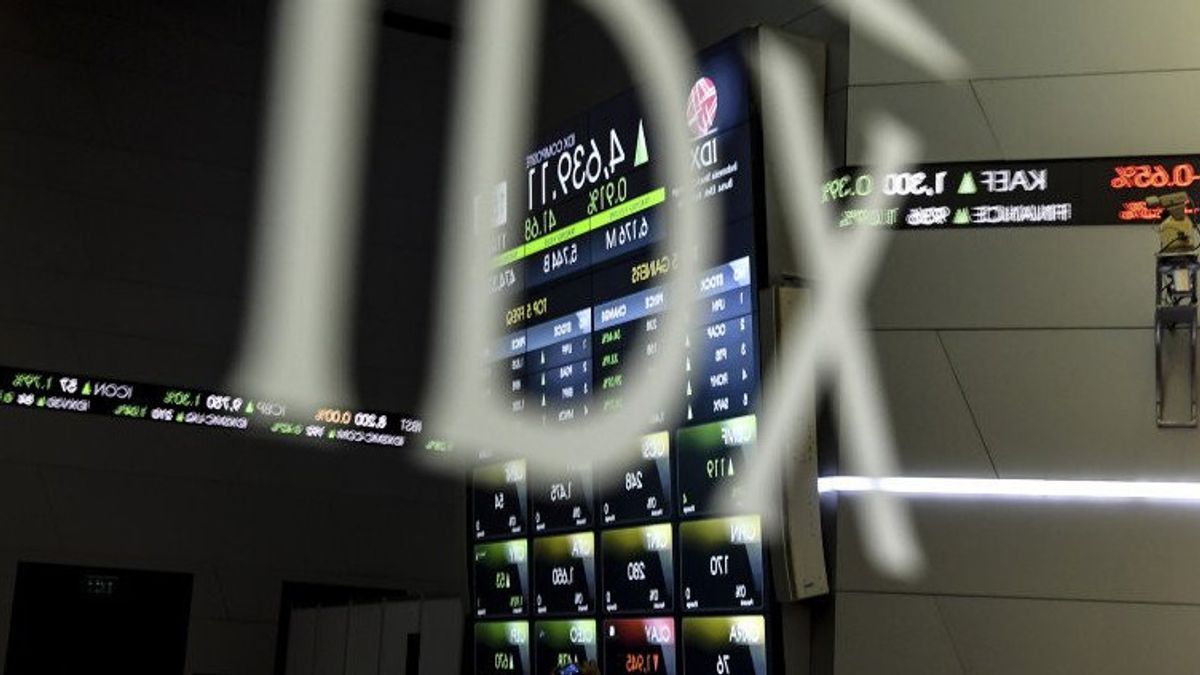JAKARTA - The Financial Services Authority (OJK) requires public companies that will go private to buy back shares circulating in the public. The regulation is contained in the Financial Services Authority Regulation (POJK) Number 3/POJK.04/2021 concerning the Implementation of Activities in the Capital Market Sector (POJK in lieu of PP 45/1995).
Unfortunately, the latest POJK is considered not in line with the National Economic Recovery (PEN) policy initiated by President Joko Widodo (Jokowi) and his staff. The first criticism came from the Criminal Law Expert of Al-Azhar Indonesia University (UAI) Suparji Ahmad.
Suparji considered that the policy was irrelevant and disproportionate. The government is urged to intervene by asking the OJK to revoke the regulation.
He reasoned that the COVID-19 pandemic, which was full of uncertainty, had caused several issuers to experience financial difficulties. This condition has also triggered the deterioration of the economy in Indonesia.
"Even though it seems to accommodate investors in the midst of uncertain investment conditions in the capital market after the Jiwasraya case, the POJK is not yet relevant and disproportionate", said Suparji, in Jakarta, Thursday, March 25, 2021.
The POJK is even considered to have collided with the PEN program whose vision is to provide relaxation to the ease of investing in today's difficult times.
"Inputs from issuers and investors must be heard. Therefore, their voices can be used as facts so that the OJK will consider reviewing or revoking the POJK", said Suparji.
Moreover, he continued, the current PEN program has not optimally answered Indonesia's current economic problems.
"The current economic problem is so complex that PEN has yet to show significant results. So there needs to be a breakthrough, not adding to the difficulties of the issuer's economic condition", he said.
Meanwhile, Reliance Sekuritas analyst, Lanjar Nafi said that the obligation to buy back shares, from the issuer's point of view, is actually detrimental.
"Because there is a buyback policy, it is burdensome for public issuers who want to go private. It is certain that from the side of the issuer, they will suffer losses", he said.
According to him, currently, many investment cases have ensnared several large institutions. So if you look at the portfolio, many shares are threatened with delisting. This happens because the current condition has made the business considered underperforming, or even from the fall of investors interested in entering the stock market.
For information, the obligation to buy back public shares applies to issuers that undertake voluntary delisting and those that are forced to delist (delisting on the stock exchange board).
The English, Chinese, Japanese, Arabic, and French versions are automatically generated by the AI. So there may still be inaccuracies in translating, please always see Indonesian as our main language. (system supported by DigitalSiber.id)











